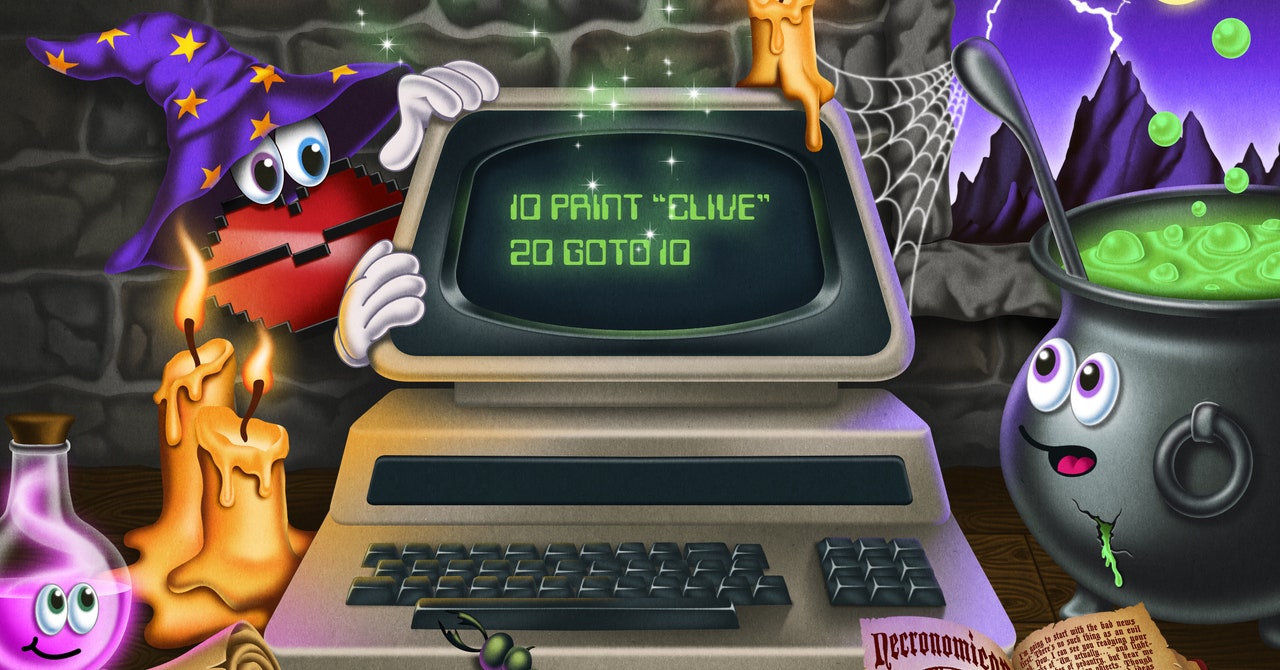The Revolutionary Role of BASIC in the Evolution of Programming Languages

Introduction to BASIC
BASIC, an abbreviation for Beginner's All-purpose Symbolic Instruction Code, emerged as a significant programming language. It was designed to allow users without extensive training to write simple programs.
Transforming Access to Programming
Before BASIC, coding was primarily limited to elites with advanced skills. BASIC brought programming to the masses.
Key Features of BASIC
- User-Friendly Syntax: Simplified commands made it easier for beginners to learn.
- Widespread Adoption: Used across various computing platforms, enhancing its accessibility.
- Encouraged Innovation: Inspired the development of many modern programming languages.
Conclusion
Overall, BASIC has left an indelible mark on the programming world and remains a crucial part of computing history. Its legacy continues to influence new generations of programmers.
This article was prepared using information from open sources in accordance with the principles of Ethical Policy. The editorial team is not responsible for absolute accuracy, as it relies on data from the sources referenced.